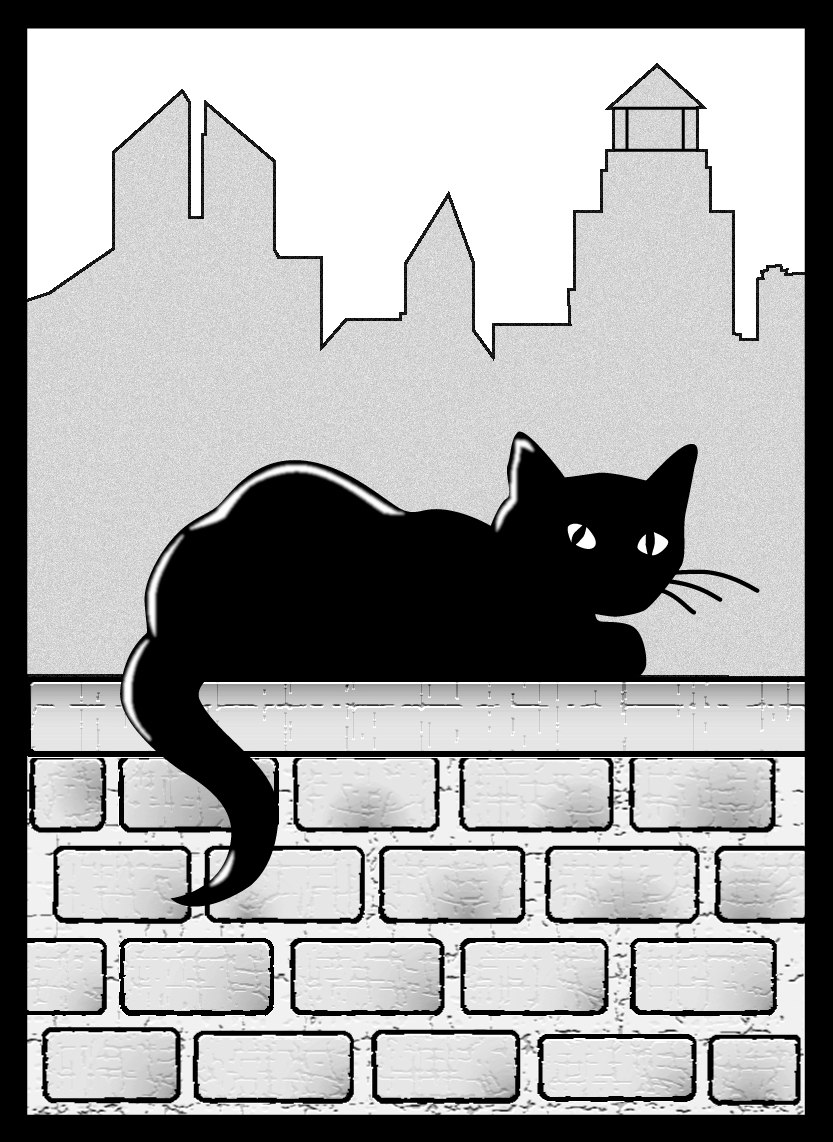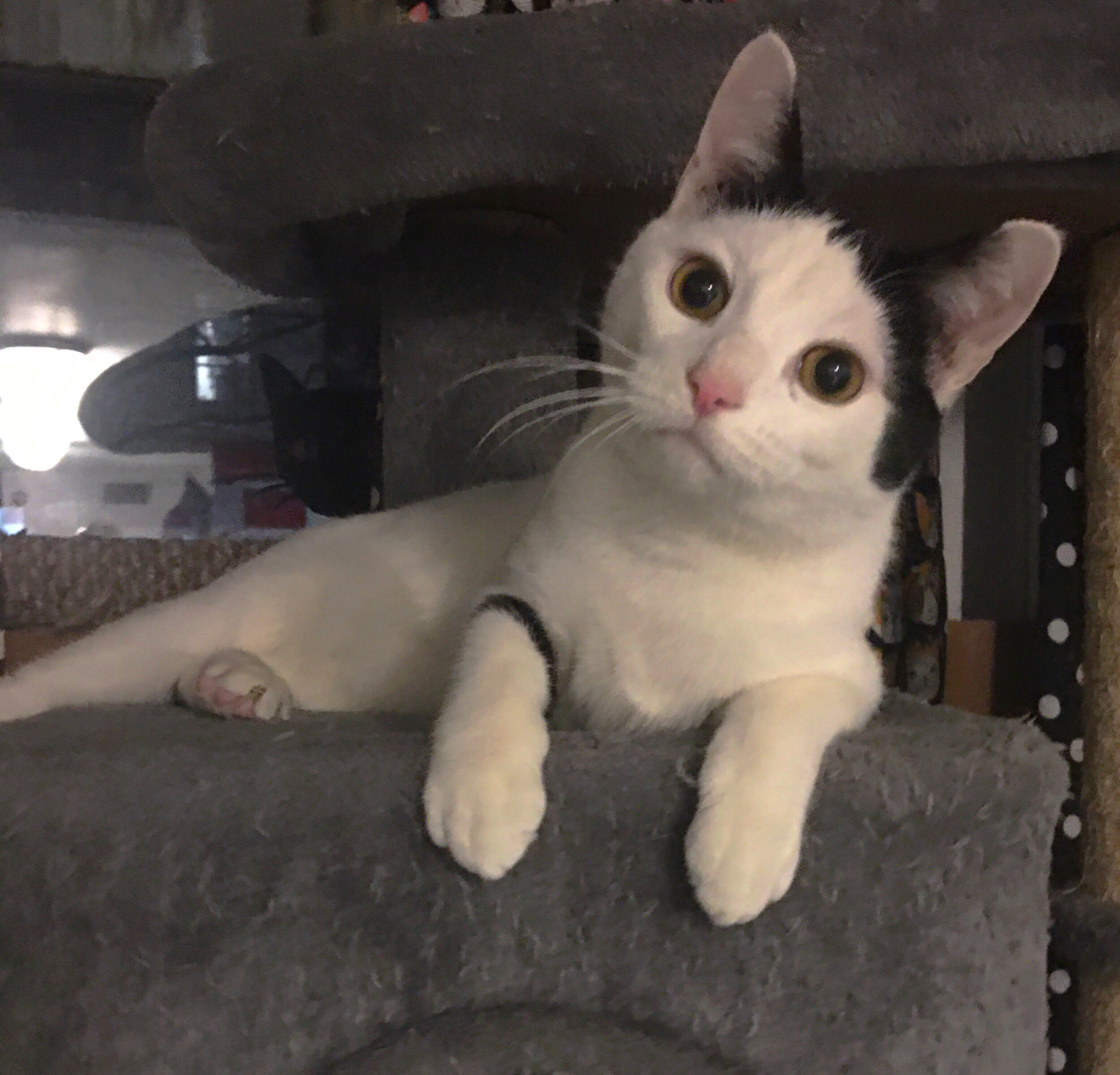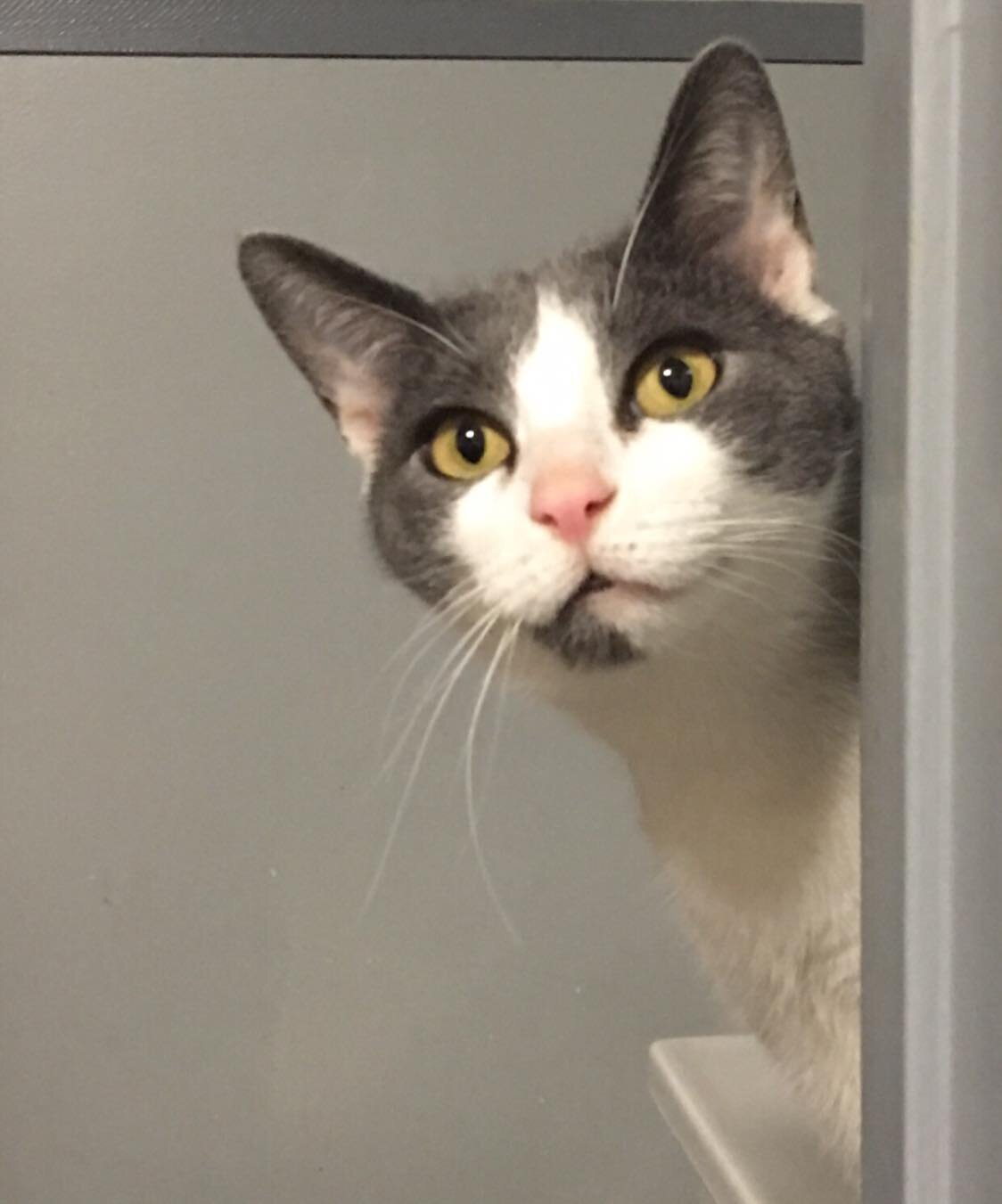Here are some frequently asked questions and answers about GNHCP. If you have any questions that aren't answered here, feel free to Contact Us
Can I foster any of the cats at GNHCP?
GNHCP is interested in expanding its foster home network. Please e-mail gnhcp1@gnhcp.org for a copy of the application.
How can I get involved with volunteering at GNHCP?
Go to the Volunteering section of the Support GNHCP page to download and fill out our Volunteer Application. As always, feel free to Contact Us if you have any questions about the process.
Why is the adoption screening form so long?
The adoption screening forms allows us to ensure that the cats are going to stable, cat-appropriate homes where they can thrive.
I live outside of ConneCticut, can I adopt from gnhcp?
We only adopt to Connecticut residents. Preference is given to New Haven County residents.
What are your hours? can I stop by and visit?
GNHCP maintains public visiting hours on Saturdays between 12 and 4. However, priority is given to adoption appointments.
How do I get involved with or support GNHCP?
You can support us via donations, by attending events, or volunteering. If you are interested in becoming a volunteer, please fill out our Volunteer Screening Form!
Are feral and outdoor cats wild animals?
Often times, feral and outdoor cats are a result of abandoned family pets. Feral cats are a member of the domestic cat species, and are protected by anti-cruelty laws. They live outdoors – and should remain outdoors since they are not trusting of humans. Once neutered, they can be just as healthy as indoor pet cats.
GNHCP works with feral cat caregivers to provide instruction and resources for proper feeding, sheltering and monitoring of a colony.
What is the benefit of returning spayed and neutered cats to a colony rather than just removing them?
If the cats were simply removed, a new, unaltered colony would move in, leading to a net increase of cats. This is referred to as the “vacuum” effect. You can learn more about feral cat colonies at AlleyCat Allies.
TNR breaks the cycle of reproduction and the population and colony stabilizes, i.e. becomes “managed.” The colony size diminishes over time and no new cats will join the colony. The benefits of having a healthy, stable cat population are still in place (pest control, herd immunity with vaccinated cats), but no new cats enter or are born into the colony.



